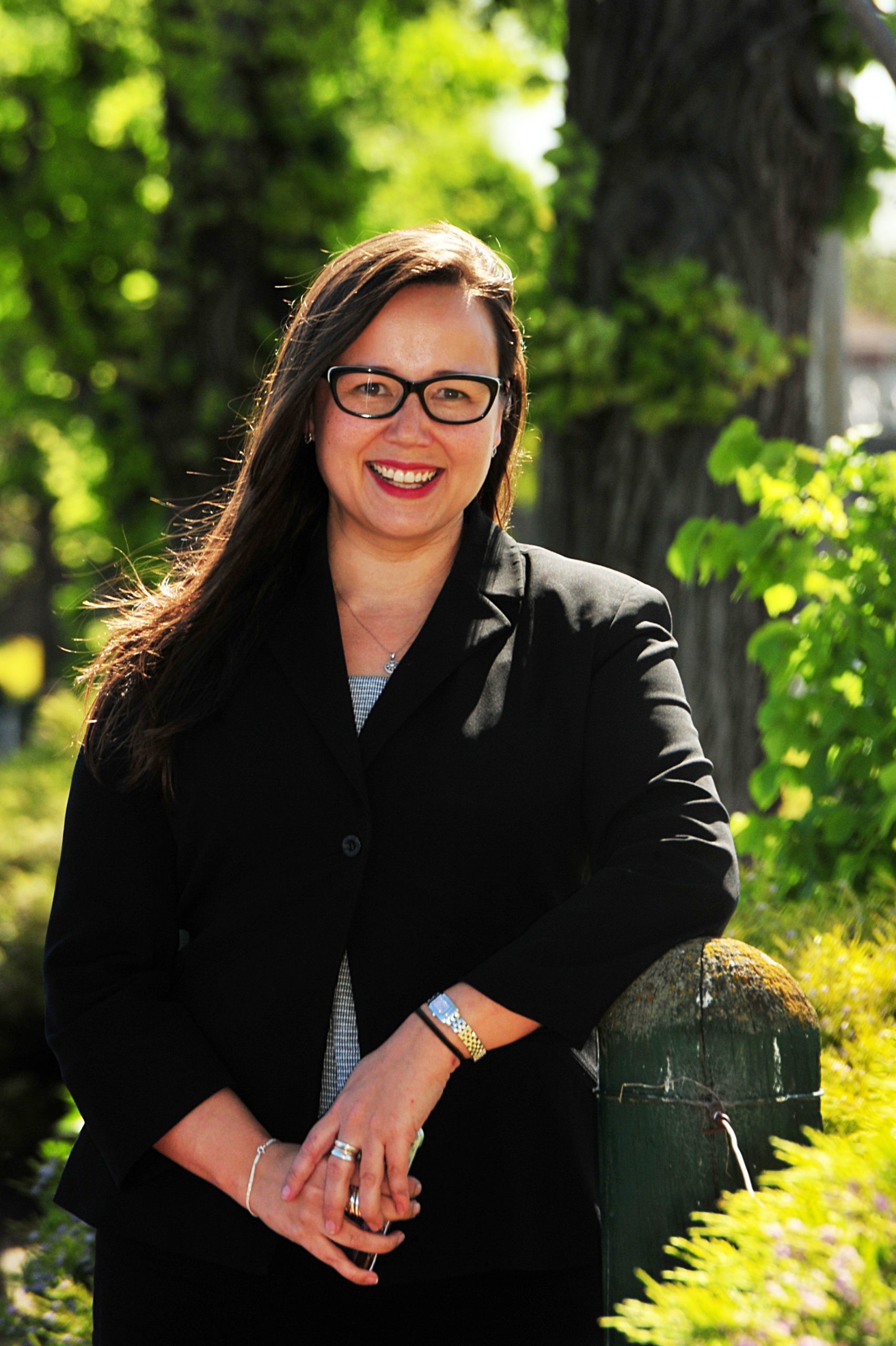Member for Eastern Victoria Harriet Shing will support landmark legislation that will pave the way for Australia’s first indigenous treaty, in Victoria.
A bill to create an Aboriginal Representative Body to negotiate options for a treaty had passed the Legislative Assembly on Thursday.
If passed in the Legislative Council in the next fortnight, the bill will create a process to start a legal framework for a treaty.
Ms Shing described it as a “historic set of reforms” that involved consultation with more than 7000 Indigenous Victorians for the past two-and-a-half years.
“I’ll be proud to support the bill, it’s a long time coming,” Ms Shing said.
“This legislation reflects the shared aspirations of state government to negotiate a treaty that recognises and celebrates a really unique culture and history and the rights and status of Aboriginal Victorians.”
The Victorian government allocated a $700,000 grant scheme last week to support treaty negotiations with traditional owners, Aboriginal organisations and businesses.
“We have an extraordinarily diverse and rich [Indigenous] culture across Gippsland,” Ms Shing said.
“They have been extremely proactive in the discussions around treaty and working to identify what is needed to improve the life of Aboriginal people in Gippsland.”
Member for Morwell Russell Northe supported the legislation and said it was an “interesting and respectful debate” during the week in Parliament.
“This bill goes a long way to acknowledging our first people,” Mr Northe said.
He said the bill provided an important process in developing the framework for a treaty, but it was important for the government to keep consulting with local Indigenous communities.
However, the Coalition backed away from the bill, on the grounds it would prefer a national framework.
Member for Eastern Victoria Melina Bath said “self-determination for Aboriginal Australians is best achieved through the federal government”.
“Like New South Wales, the Victorian Liberal Nationals believe an overarching treaty or agreement is a matter for the Federal Parliament, for all Aboriginal Australians,” Ms Bath said.
“Many of the issues an agreement or treaty would include, if progressed, are not confined to Victoria, but are relevant to our Indigenous peoples across the nation.”
Federal Member for Gippsland Darren Chester said he was focused on practical steps towards reconciliation and closing the gap.
“I’m not convinced at the moment the treaty would actually change the real life experience either here in Gippsland or anywhere else in Australia. But I am open to the conversation,” Mr Chester said.
He said a national process would require a referendum, which would need a position that the majority of Australians and the majority of states would vote for.












